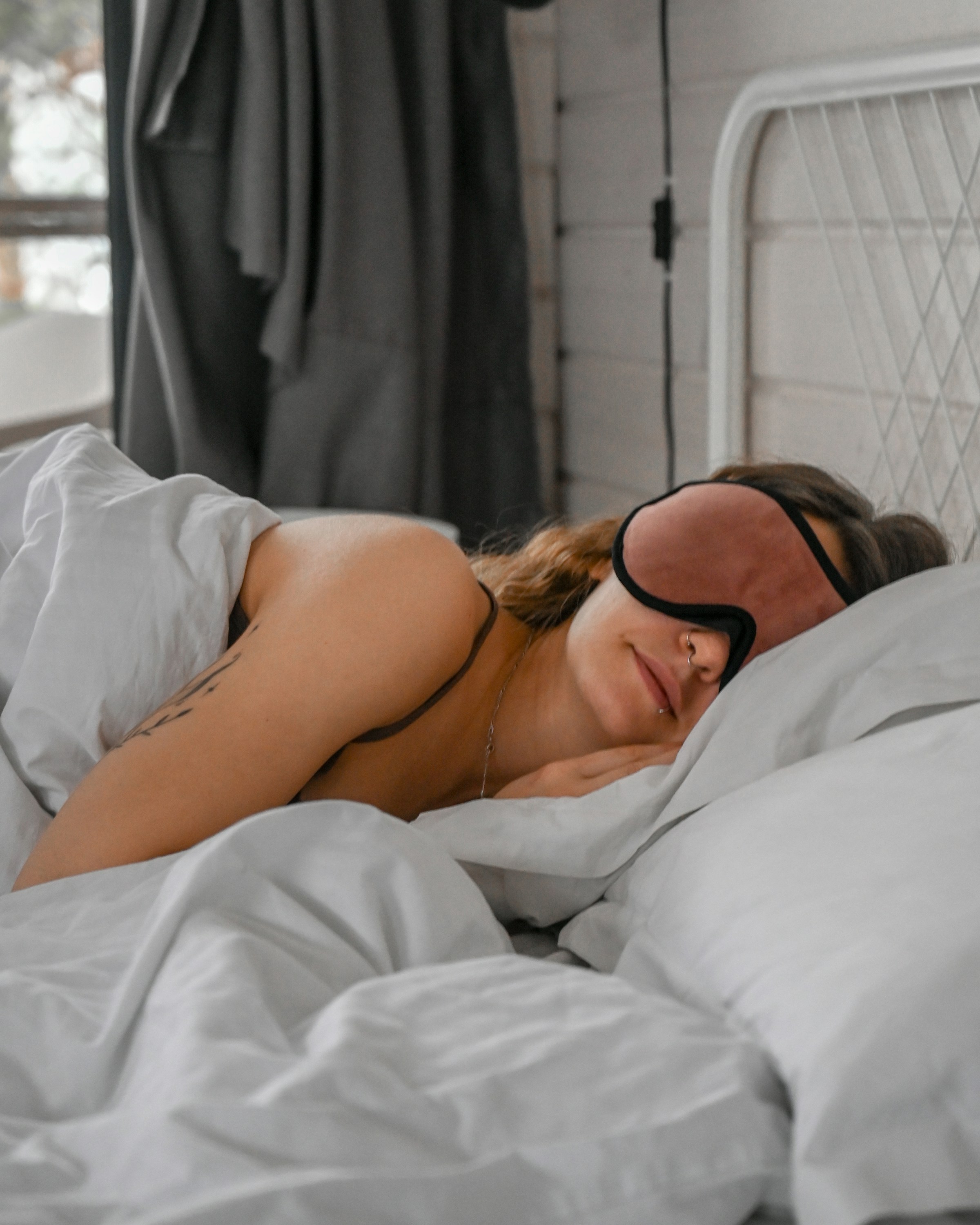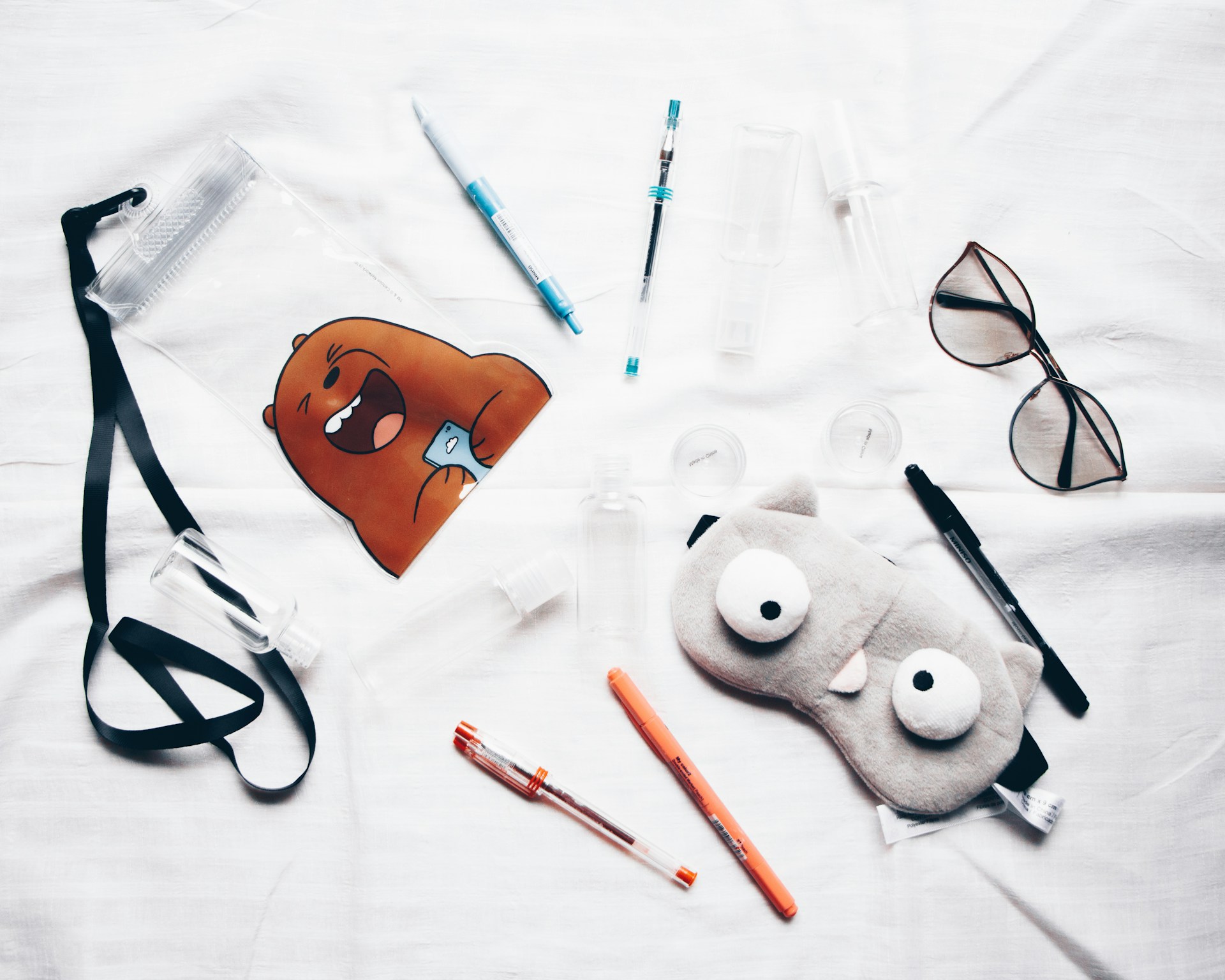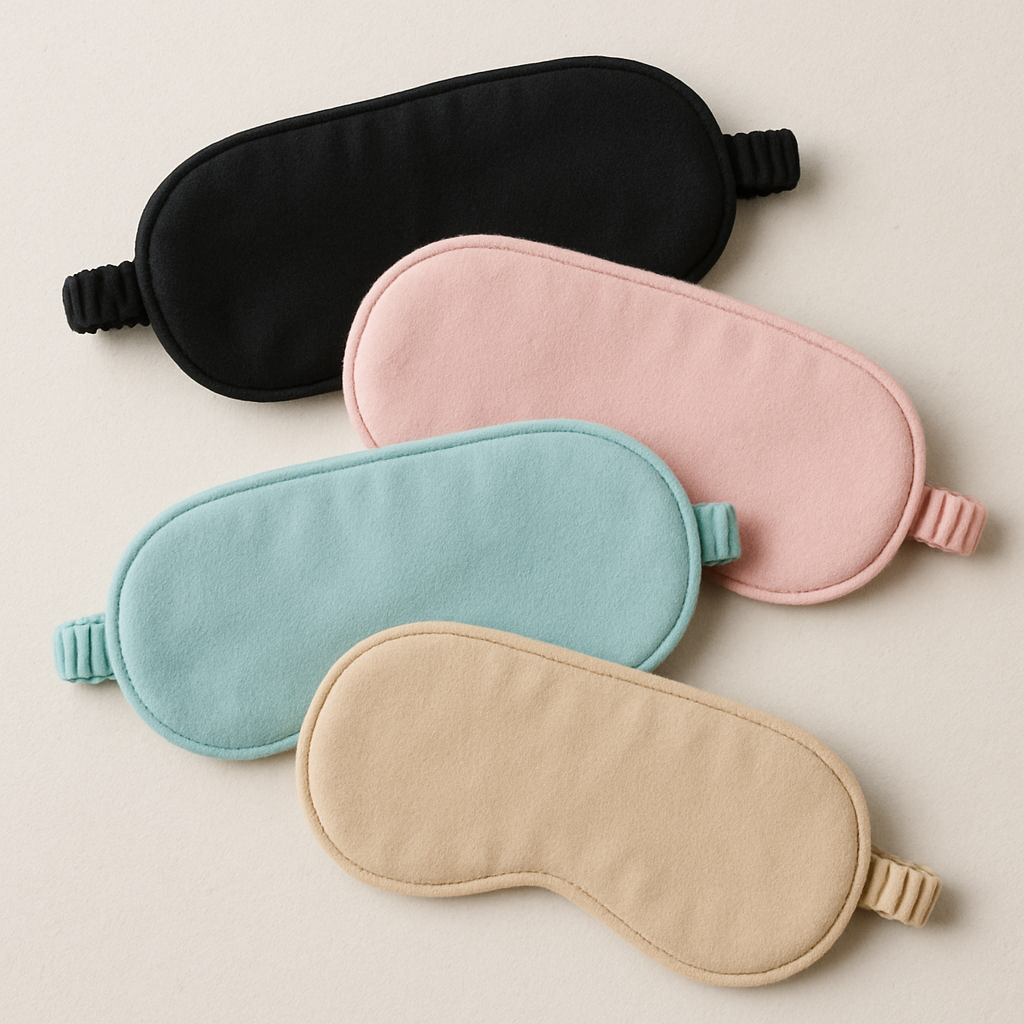
In an era of pervasive artificial lighting and screen-based technology, achieving optimal sleep quality has become increasingly challenging. Enter the sleep mask: a simple yet scientifically-supported sleep accessory that addresses one of the fundamental requirements for restorative sleep—darkness. This analysis examines the evidence-based benefits of sleep masks and their role in sleep optimization and sleep cycles.
Understanding the relationship between light exposure and sleep is crucial for appreciating sleep mask benefits. The human circadian system, governed by the suprachiasmatic nucleus in the hypothalamus, responds to environmental light cues to regulate sleep-wake cycles. Research published in Chronobiology International demonstrates that even minimal light exposure during sleep can disrupt circadian rhythms and suppress melatonin production.
Studies have shown that light exposure before and during sleep can reduce sleep quality, decrease REM sleep duration, and increase sleep fragmentation. Even low-level light exposure (5-10 lux) at night when sleeping with eyes closed can induce circadian responses, highlighting the sensitivity of the human circadian system to ambient light.
The pineal gland's production of melatonin, a critical sleep-promoting hormone, is directly inhibited by light exposure. Research demonstrates that the human circadian system is particularly sensitive to short-wavelength (blue) light, with exposure to 460 nm light causing twice the amount of melatonin suppression compared to longer wavelengths.

We asked Dr. Suzanne Gorovoy, Sleep Expert, Clinical Psychologist, Behavioral Sleep Medicine Specialist about sleep masks and its potential benefits. She says:
“Sleep masks block disruptive light, helping maintain melatonin production and improving sleep duration.”
In other words, light exposure strongly impacts the body’s circadian rhythm, and even small amounts can disrupt melatonin and sleep quality. Sleep masks provide a simple, effective way to block light, improving hormone balance, sleep depth, cognition, and stress—making them valuable for both everyday use and clinical settings. Just as weighted blankets have gained popularity for their calming effects and ability to reduce anxiety—helping improve overall sleep patterns—weighted eye masks offer a similar sensory benefit by combining gentle pressure with light blocking to enhance relaxation and deepen sleep.
The research below highlights these benefits.
Clinical studies in intensive care unit settings have demonstrated that eye masks significantly improve sleep quality by blocking ambient light. Research involving healthy subjects exposed to simulated ICU noise and light found that using earplugs and weighted eye masks resulted in increased REM sleep duration, shorter REM latency, and elevated nocturnal melatonin levels.
A comprehensive study published in Critical Care found that ICU patients using eye masks and earplugs had significantly higher melatonin levels and improved sleep quality compared to controls. The intervention group also showed reduced cortisol levels, indicating decreased stress response during sleep periods.
Groundbreaking research published in Sleep journal demonstrated that wearing an eye mask during overnight sleep improves both episodic learning and alertness the following day. The study involved 94 healthy adults who alternated between sleeping with light-blocking eye masks and control conditions over consecutive weeks.
Participants showed superior performance on memory encoding tasks and increased alertness when using sleep masks. The research found a significant positive effect on declarative memory encoding (p = .002), with eye mask use improving learning performance scores from 65.1 to 66.6 points on average.
Multiple systematic reviews and meta-analyses have examined the efficacy of eye masks in healthcare environments. A comprehensive analysis involving 2,687 participants from 35 studies concluded that eye masks, either alone or combined with earplugs, represent the most effective non-pharmacological interventions for enhancing sleep quality in critically ill patients.
Research published in the British Journal of Anaesthesia found that patients using eye masks and earplugs in post-anesthesia care units experienced significantly preserved sleep quality compared to routine care, with reduced consumption of analgesic medications and decreased incidence of postoperative disorientation.
Clinical trials demonstrate that sleep masks can reduce arousal index during sleep and improve overall sleep architecture. Studies using polysomnography have shown trends toward lower arousal frequency and increased deep sleep stages when participants use light-blocking interventions.
Research involving surgical intensive care patients found that ergonomic sleep masks produced statistically and clinically significant improvements in sleep quality scores (50.86 ± 21.46 vs 37.64 ± 14.97, p < 0.001) compared to standard care.
Dr. Daniel Jin Blum, Sleep Expert, Clinical Psychologist, Research Assistant Professor of Psychology says this about the benefits of sleep masks for shift workers:
“They can be especially helpful for shift workers or those exposed to ambient light during sleep.”
Ultimately, sleep masks offer particular benefits for individuals whose work schedules conflict with natural circadian rhythms. For shift workers and frequent travelers, weighted eye masks can help maintain sleep quality when environmental lighting conditions are suboptimal. Studies indicate that blocking ambient light is crucial for maintaining circadian alignment and supporting melatonin production during non-traditional sleep periods.
Unlike pharmaceutical sleep aids, sleep masks offer a non-invasive intervention without risk of dependency or adverse effects. Evidence-based sleep programs emphasize environmental optimization as a cornerstone of sleep hygiene, with light control representing a fundamental component of comprehensive sleep improvement strategies.
For individuals exploring behavioral approaches to sleep enhancement, sleep coaching programs that incorporate cognitive behavioral therapy for insomnia (CBT-I) often recommend environmental modifications, including the use of sleep masks, as part of holistic treatment approaches. Like weighted blankets, weighted eye masks provide comforting pressure that can soothe the nervous system and promote sleep readiness, making them a powerful pairing for those seeking comprehensive sleep support.
Overall, weighted eye masks are an easy, effective way to improve sleep by blocking light and supporting the natural sleep cycle and sleep patterns. They complement other light-reduction methods and offer a safe, non-drug option to enhance sleep quality and daytime alertness across different settings and lifestyles.
Based on research findings, effective sleep masks should possess several key characteristics:
Complete Light Blocking: Studies demonstrate that even minimal light exposure can impact sleep quality, especially blue lights, making complete darkness essential for optimal benefits. Eye masks operate similarly to blackout curtains in this way.
Comfortable Materials: Natural, breathable fabrics such as silk or cotton help prevent overheating and skin irritation during extended use.
Ergonomic Design: Contoured masks that minimize pressure on the eyes while accommodating natural eye movement during REM sleep phases.
Adjustable Fit: Proper fit prevents light leakage while avoiding excessive pressure that could disrupt sleep comfort.
Choosing the right sleep mask means balancing complete light blocking with comfort and fit. Prioritizing breathable materials, ergonomic design, and adjustability ensures the mask supports restful sleep without causing discomfort, making it a practical and effective addition to your sleep routine.
The growing body of research supports sleep masks as an effective, low-cost intervention for sleep quality improvement. Meta-analyses examining multiple intervention strategies consistently identify weighted eye masks among the most effective non-pharmacological approaches for sleep enhancement across diverse populations.
Recent studies continue to reveal additional benefits, including improvements in cognitive function and daytime alertness that extend beyond sleep quality metrics alone.

The scientific evidence strongly supports the use of sleep masks as an effective tool for sleep pattern optimization. From enhancing melatonin production and REM sleep quality to improving cognitive performance and reducing stress responses, sleep masks offer multiple benefits with minimal risk or cost.
For individuals seeking evidence-based approaches to sleep improvement, sleep masks represent a simple yet powerful intervention that addresses fundamental sleep hygiene principles. When combined with comprehensive sleep optimization strategies, such as those offered through professional sleep programs, sleep masks can contribute to significant improvements in sleep quality and overall health outcomes.
If you are experiencing a rush of anxiety or adrenaline whenever you try to sleep and want to break the cycle, or if you are always tired, try this 10-3-2-1-0 rule and CBTI for better sleep.
Take our Sleep Calculator and Chronotype Quiz to learn more about your sleep personality! If you're struggling with jet lag, try our Jet Lag Plan!

Dr. Areti Vassilopoulos | Psychologist | Sleep Medicine Expert
Dr. Vassilopoulos is the Clinical Content Lead for Sleep Reset and Assistant Professor at Yale School of Medicine. She has co-authored peer-reviewed research articles, provides expert consultation to national nonprofit organizations, and chairs clinical committees in pediatric health psychology for the American Psychological Association. She lives in New England with her partner and takes full advantage of the beautiful hiking trails.